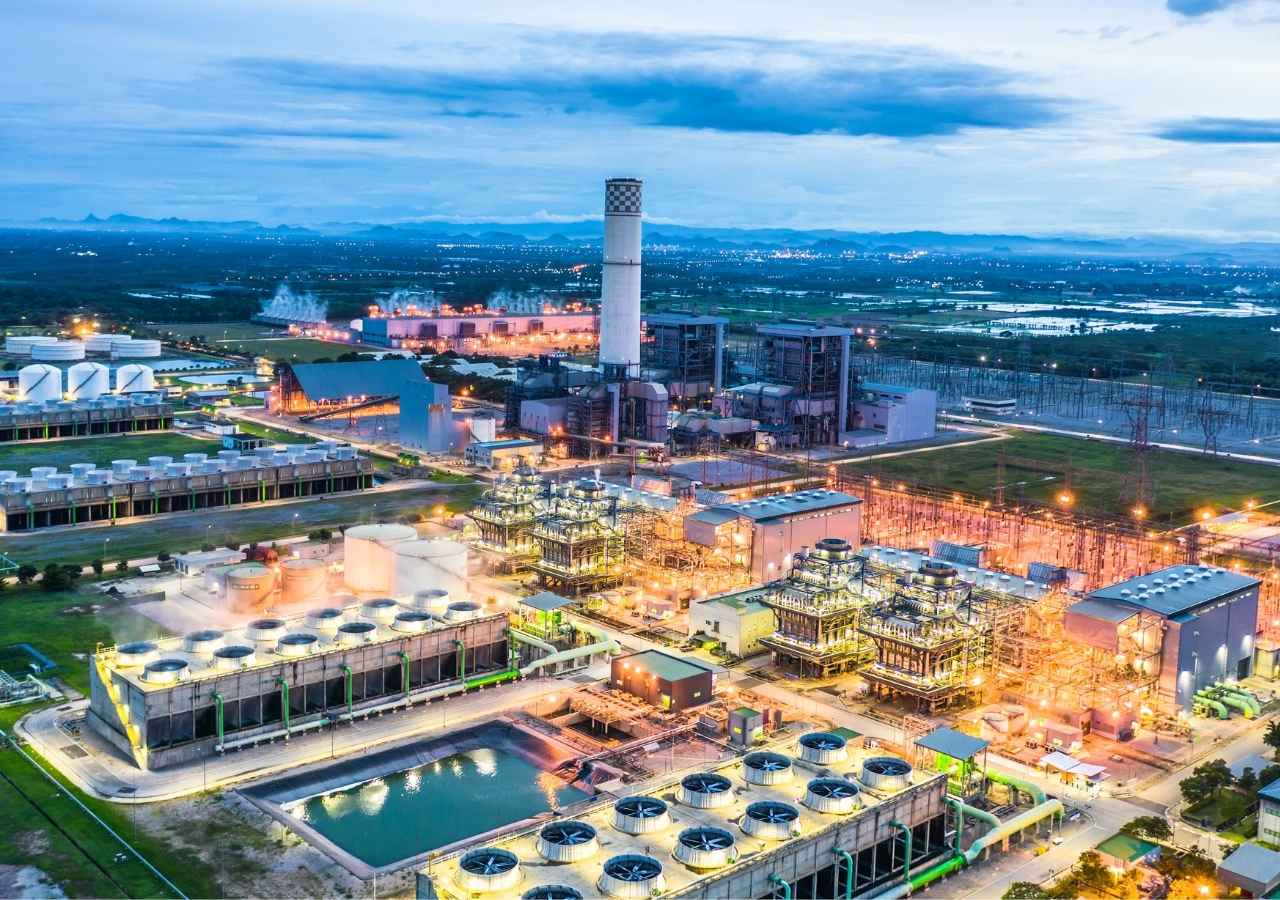- Explain The Challenge Of Producing Accurate Cost Estimation When Working In Harsh Geographical Conditions.
It is very difficult for construction firms to carry out accurate cost estimation when working in harsh geographical conditions. From the given case study, it is clear that adverse geographical conditions caused the French consortium to experience project cost overruns and extensive period to complete the work. Since the point of construction was a disputed border region, it was greatly prone to terrorist attacks by Pakistan nationalist groups. Therefore, allotting additional funds for addressing the security concerns of the hydroelectric project was necessary. Furthermore, the chosen area lacked significant infrastructure growth. More specifically, the area lacked a well-developed logistics network, which included roads and rail lines. As a result, nearly all building products, including raw materials and workers, had to be shipped by air. Another problem was the construction site’s location, which was far from larger cities and metropolitan centers. As a result, building companies had to pay more on food and lodging for their employees. Furthermore, the French consortium’s transportation expenses were greatly raised due to its lack of access to larger cities. This condition caused a pause in the project’s completion because the organization had to wait a long time for raw materials. Obviously, any delays in the project’s execution would result in cost increases. The project’s cost increase was most definitely affected by the severe climatic conditions in this mountainous terrain.
Also extremely seasoned building companies cannot reliably estimate costs while operating in harsh geographical conditions due to unexpected contingencies, according to management experts. Some areas are particularly vulnerable to natural disasters such as hurricanes, flooding, drones, and wildfires. Construction companies are more prone to face cost overruns while operating in certain poor geographical areas. Such risks not only stymie project progress, but also damage building firms’ capital, such as materials, machinery, and labor. Issues such as landslides or ice roads may cause transportation to be disrupted, forcing building companies to briefly halt their operation. Undoubtedly, such activities will push building companies to make unanticipated financial expenditures. Construction companies are required to raise contingency funding in order to manage contingency costs, particularly while working on fixed-price contracts. For a typical construction project requires 10% contingency financing, it is unclear how much may be set aside for contingency funding while operating on a construction project in a harsh geographical setting. Generally, it is safer for construction firms to rely on conservative cost estimates than making too many risky assumptions while dealing with those development projects.

- The Original Bidding Process Favored The Lowest Project Construction Bids Using A “Fixed Price” Contract. What Are The Advantages And Disadvantages To The Indian Government From Using This Type Of Bidding Process? How Did It Contribute To Gross Underbids And Successive Cost Escalations?
According to Ayers, fixed price contract reflects the idea that “for a specific sum of money, the bidder will agree to do a specific amount of work” (p.148). The fixed price contract offers a set of potential advantages to the Indian government, particularly while developing projects in harsh geographical conditions. The Indian government benefits greatly from predictability by utilizing this method of bidding mechanism. More clearly, the fixed price contract assists the government not to be concerned regarding future price increases or other market abnormalities. Most notably, this type of bidding process would greatly benefit the government while performing construction projects in geographical areas which are vulnerable to natural contingencies, terrorist attacks, and other unforeseen issues. For instance, the fixed price contract evidently assisted the Indian government to save millions of dollars on the Dulhasti Power project. Although the project was awarded to the French consortium at a price of $50 billion, the total project cost increased 25 times its initial cost by the completion of the power plant construction (Case study). The project took a long time (20 years) to complete due its fits and starts resulting from harsh geographical conditions (Case study). However, the French consortium bore a significant percent of cost escalations before leaving the project with the consent of the Indian government. If the Indian government had not adopted the fixed price contract method, it would have incurred huge additional expenses. Another advantage of this type of bidding process is that it is beneficial for the government to take advantages of the stiff competition among construction firms and thereby ensure lowest possible price. Under the fixed price contract, the government can determine what it should spend to get the particular project completed within a specified period of time. Since the slow work would cost the construction firm more money, the firm will certainly try its best to complete the project at the earliest. Likewise, the fixed price contract would assist the Indian government to get rid of administration costs in terms of supervision and control. To be specific, the bidding strategy greatly assisted the Indian government to construct the Dulhasti power plant without incurring huge losses in spite of harsh geographical conditions including poor logistic network.
Under the fixed price contract, the Indian government might have enjoyed minimum power over the performance of the contract. More clearly, making changes to the project is much difficult; instead, it is particularly essential to proceed exactly according to the plan under the fixed price contract. As the case study clearly indicates, the lack of flexibility can be attributed to the long delay involved in the completion of the Dulhasti power plant. Another major disadvantage of fixed price contract is that, the quality of the project development may be affected under this type of bidding. Evidently, the bidder would try to reduce expenses in every way possible and this practice is more likely to affect the quality of the work done. Therefore, the fixed price contract may thwart the performance of the project completed in a desired way.
Works Cited
- Ayers, Chesley. Specifications for architecture, engineering, and construction. US: McGraw-Hill, 1984. Print.
- The Dulhasti Power Plant. Case Study.



